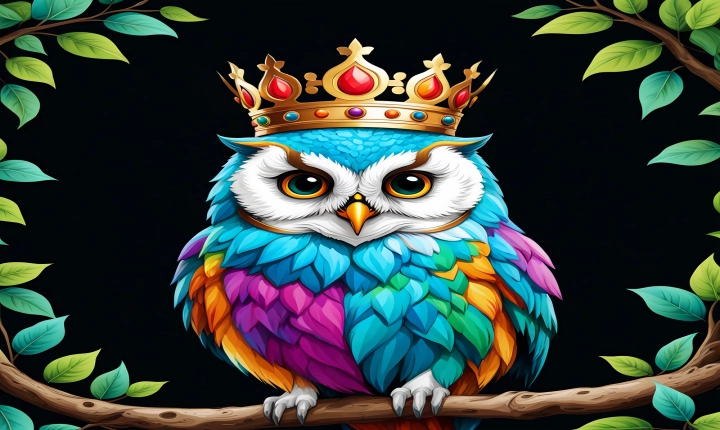Title: Can You Copyright AI-Generated Images?
With advancements in technology, the production of AI-generated images has become increasingly popular. However, the question arises as to whether these generated images are eligible for copyright protection. In this article, we explore the implications of copyrighting AI-generated images.
In most jurisdictions, copyright protection is granted to original works of authorship fixed in a tangible form. It includes a wide range of creative works, such as literary, musical, and artistic works. However, copyright law does not specify whether AI-generated images are considered original works deserving of copyright protection.
One of the main criteria for copyright protection is human authorship. The traditional understanding of copyright is that it is granted to human creators who have invested their skill, labor, and creativity into producing an original work. AI-generated images, on the other hand, are created by algorithms that operate based on predefined parameters and datasets, without human intervention in the creative process.
The debate over the copyright status of AI-generated images raises complex legal and ethical considerations. It challenges the traditional notion of authorship and brings to the forefront the role of AI in the creative process. In the absence of human authorship, it becomes challenging to attribute copyright ownership to the AI-generated images.
Some argue that since AI-generated images lack human authorship, they should not be eligible for copyright protection. However, others believe that the human element involved in designing, training, and curating the AI system could warrant copyright protection for the resulting images.
In recent years, the issue of copyrighting AI-generated works has been the subject of litigation and policy discussions. Courts have started grappling with the question of whether AI can be considered an author and whether the works it generates can be protected under copyright law. Additionally, there are ongoing efforts to update copyright laws to address the evolving landscape of AI-generated content.
In response to the uncertainty surrounding copyright protection for AI-generated images, some have proposed alternative approaches such as creating a new category of protection or implementing a system of AI-generated content attribution.
As the development of AI technology continues to advance, it is essential for lawmakers, legal experts, and stakeholders to address the copyright implications of AI-generated images. This includes considering the implications for originality, ownership, and the balance between promoting innovation and protecting creators’ rights.
In conclusion, the question of whether AI-generated images can be copyrighted remains a complex and evolving legal issue. It challenges traditional copyright principles and raises important questions about the role of AI in creative processes. As technology continues to develop, it is crucial to have a thoughtful and nuanced approach to copyright law to ensure that the rights of creators, whether human or AI, are adequately protected.
